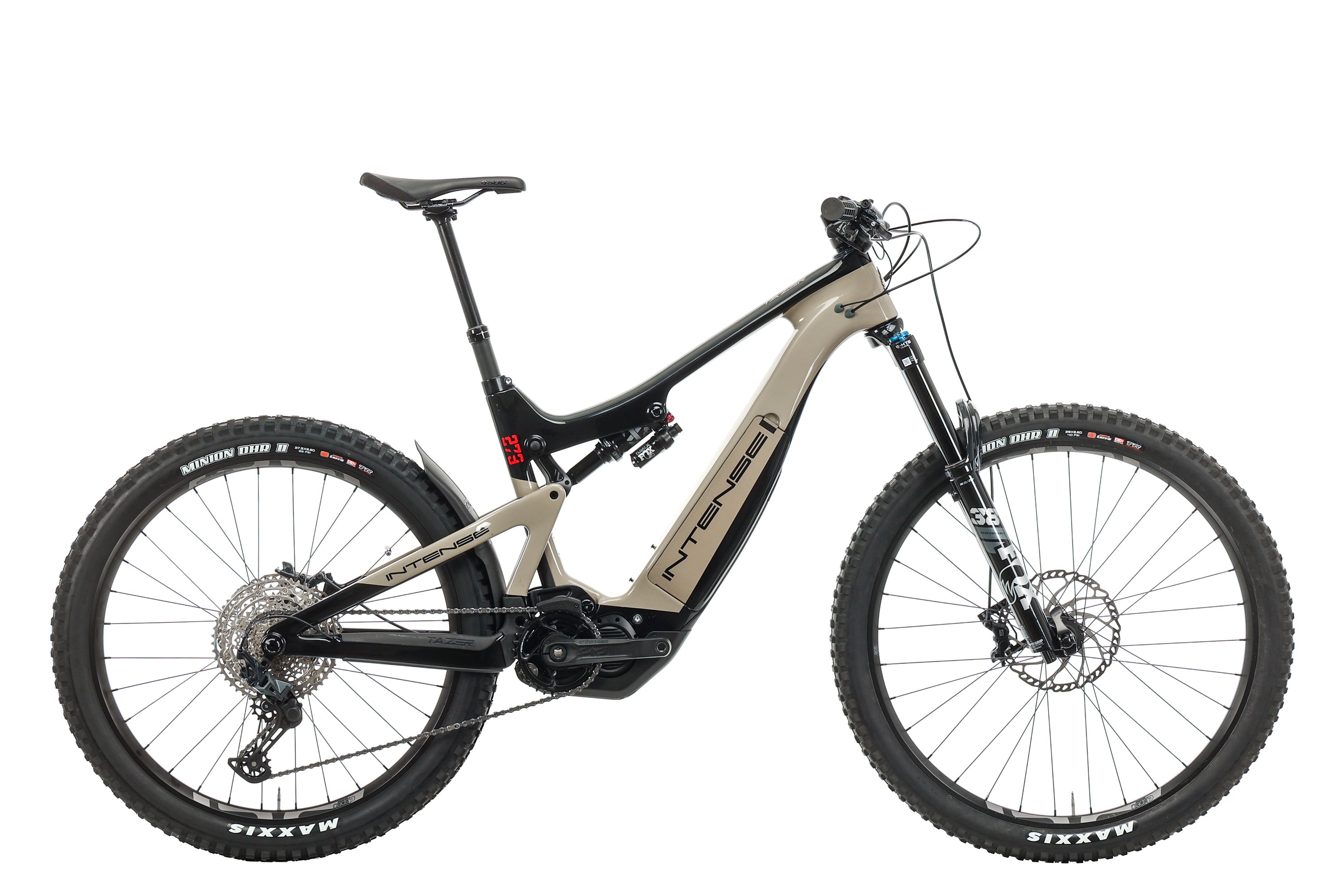In a world where sustainable development and ecological consciousness are increasingly emphasized, electric bicycles for energy-saving and eco-friendly commuting have become a popular choice for commuters, enthusiasts, and adventurers. However, the prices of electric bicycles on the market vary greatly, leaving many potential buyers wondering: How much does it actually cost to purchase an electric bicycle? What kind of price range can get you a good electric bicycle? Let's delve into the factors influencing the price of electric bicycles and explore the available options.
Understanding Electric Bicycles
Before we get into the pricing details, it’s crucial to understand what e-bikes are and what they can do. Compared with traditional bicycles, electric bicycles are equipped with an electric power-assist system that can assist riding through electric drive. Typically, an e-bike consists of an electric motor, battery, and controller. Riders can activate the electric assist system by pressing the pedals or turning the throttle for extra power. This makes riding easier, especially when facing uphill or long rides. Electric bikes usually have adjustable assist levels, and the rider can choose different assist modes according to their needs. As the focus on sustainable mobility continues to grow, e-bikes are becoming increasingly popular for urban commuting, leisure riding and long-distance travel.
Factors Affecting Electric Bicycle Prices
Several factors contribute to the pricing of electric bicycles:
Entry-Level Electric Bicycles
Entry-level electric bicycles typically offer basic features and functionalities. They are suitable for casual riders and commuters looking for an affordable mode of transportation. Prices for entry-level e-bikes usually range from $500 to $1,500.

Tracer Coyote 20'' 500W Foldable Electric Bike
Mid-Range Electric Bicycles
Mid-range electric bicycles offer a balance between price and features. They often come equipped with better quality components, longer battery life, and more advanced technology compared to entry-level models. Prices for mid-range e-bikes typically fall between $1,500 and $3,500.

Tracer Signature Pro 26'' 800W Chopper Cruiser Electric Bike w/ Cigarette Lighter & USB Charging Port
High-End Electric Bicycles
High-end electric bicycles boast top-of-the-line components, cutting-edge technology, and superior performance. These bikes are designed for enthusiasts, professionals, and individuals who demand the best. Prices for high-end e-bikes can range from $3,500 to well over $10,000.

Customization and Additional Features
The ability to customize electric bicycles and add extra features can significantly impact their prices. Customizations such as upgraded motors, larger batteries, premium accessories, and specialized frames can all contribute to higher costs.
Tracer Twenty5 DS 500W 26" Dual Springer Cruiser E-Bikes
Brand Influence
The reputation and brand image of manufacturers also play a significant role in determining electric bicycle prices. Well-established brands with a history of producing high-quality bikes often command higher prices compared to lesser-known brands.
Maintenance Costs
It's essential to consider maintenance costs when purchasing an electric bicycle. While electric bikes generally require less maintenance than traditional bicycles, servicing, repairs, and replacement parts can incur additional expenses over time.
Comparing Prices and Features
When shopping for an electric bicycle, it's essential to compare prices and features across different models and brands. Consider factors such as motor power, battery capacity, range, build quality, and warranty coverage to ensure you're getting the best value for your money.
Where to Buy
Electric bicycles can be purchased from a variety of sources, including specialty bike shops, online retailers, and directly from manufacturers. Researching reputable sellers and reading customer reviews can help ensure a smooth purchasing experience.
Financing Options
For those unable to pay the full price upfront, many retailers offer financing options for electric bicycles. Financing plans allow buyers to spread out the cost of their purchase over time, making high-end models more accessible to a broader range of consumers.
Future of Electric Bicycle Prices
As technology advances and demand for electric bicycles continues to grow, it's likely that prices will become more competitive. Additionally, innovations in battery technology and manufacturing processes may lead to further reductions in cost, making electric bikes even more affordable in the future.
Conclusion
In conclusion, the price of an electric bicycle can vary significantly depending on factors such as brand, quality, features, and specifications. Whether you're looking for a budget-friendly option for daily commuting or a high-performance model for off-road adventures, there's an electric bike out there to suit your needs and budget.
FAQs:
-
Are electric bike expensive to maintain? Electric bicycles generally require less maintenance than traditional bikes, but servicing and repairs can still incur costs. It's essential to factor in maintenance expenses when budgeting for your e-bike.
-
Can I upgrade my electric bicycle with better components? Yes, many electric bicycles can be customized and upgraded with aftermarket components to improve performance and functionality. However, it's essential to ensure compatibility and consult with a professional if necessary.
-
Are there any government incentives for purchasing an electric bicycle? Some regions offer incentives or subsidies for purchasing electric bicycles as part of efforts to promote sustainable transportation. Check with your local government or transportation authority to see if any incentives are available in your area.
-
How long do electric bike batteries last? The lifespan of an electric bicycle battery can vary depending on factors such as usage, charging habits, and environmental conditions. On average, e-bike batteries can last anywhere from 2 to 5 years before needing replacement.
-
Do electric bike require a special license or registration? In most regions, electric bicycles that meet certain criteria, such as maximum speed and motor power, are considered regular bicycles and do not require a special license or registration. However, regulations may vary depending on your location, so it's essential to familiarize yourself with local laws and requirements.






Leave a comment
This site is protected by hCaptcha and the hCaptcha Privacy Policy and Terms of Service apply.